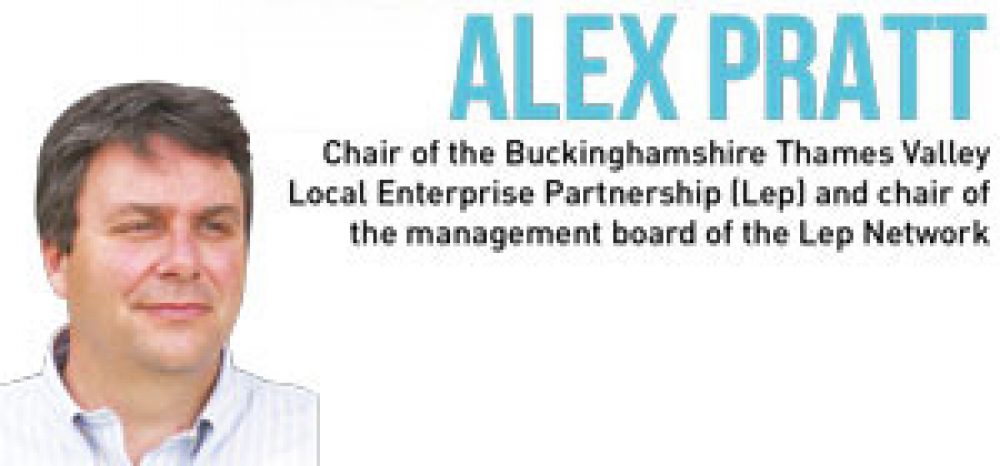Skills Funding Agency (SFA) guidance on how college budgets could be affected by their relationship — or lack thereof — with Leps last week caused concern within the sector. Alex Pratt addresses fears about Leps and their power over funding.
Are you wondering what the point of Leps is, why on earth we need another set of institutions, and just how they are supposed to fit with the already complex skills governance arrangements? If so, read on.
We stand alone among the leading western democracies having such over-centralised economic power and decision-making. Nationally conceived, silo-delivered policies at the pace of government offer a poor substitute for the strategic integration of the means of growth at the level of the places in which our firms actually exist.
Growth is delivered inside businesses, every business needs what it needs, when it needs it, and not according to a well-meaning policy timetable.
Furthermore, businesses exist in the places from which they largely draw the necessary means of production.
There is only one growth sin worse than denying our growth businesses what they need to add value and grow the tax take, and that is making it wastefully available when they don’t need or have an appetite for it. Timing is everything. Every opportunity is time-specific and the speed of innovative progress is the currency of competition.
Skills are undeniably a major underpinning component of growth in so far as they impact on the available labour pool, a fundamental factor of production on which all economic growth is founded. On this everyone agrees.
If colleges are unsuccessful in making a powerful enough case for skills investment against the alternatives of roads and buses to Leps looking to drive their local economies forward, they should expect to see budgets diminish
In England we have some of the most innovative, professional, capable learning providers on the planet, and inevitably some which are less well-led. It would be remarkable were it to be any different. On this everyone agrees.
The dual purposes of upskilling an individual to improve their life chances while enhancing the pool of labour available to firms in their quest for competitiveness and productivity are both denied if skills provision does not match the needs of businesses. This makes a close and effective relationship between skills providers and businesses at the level of places an essential growth component. On this everyone agrees.
It would therefore have been beyond disbelief had the SFA pronounced that colleges should ignore Leps and not be required to demonstrate a productive constructive relationship with them. Would it not?
Furthermore, in a highly competitive environment for very tight resources those Leps, colleges and private learning providers who fail the mutual engagement test, should surely all be disadvantaged against their more mature, more constructive competitors?
Let’s be honest, if colleges are unsuccessful in making a powerful enough case for skills investment against the alternatives of roads and buses to Leps looking to drive their local economies forward, they should expect to see budgets diminish, else why bother with an economic prioritisation exercise in the first place?
Are the strengths, scale and approach of the 39 Leps highly variable and is there huge scope for improvement in communications within and between individual Leps? You bet there is. We are nothing if not realistic about the challenges we face.
Are Leps a panacea for economic growth? Of course not.
They are, however, an essential missing component in orchestrating the necessary foundations for growth in the image of the private sector firms we rely upon to deliver it.
We all understand just how important skills are to our economic future and it has to be in our mutual interests to work hand in glove together, as challenging as that can sometimes be.









Your thoughts